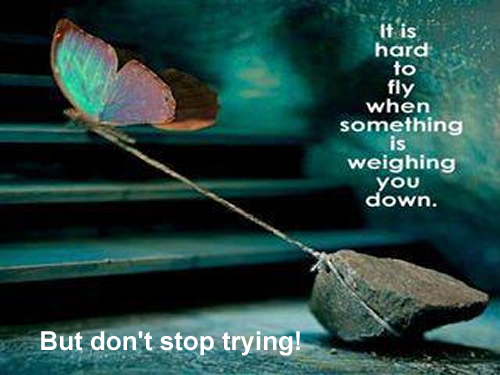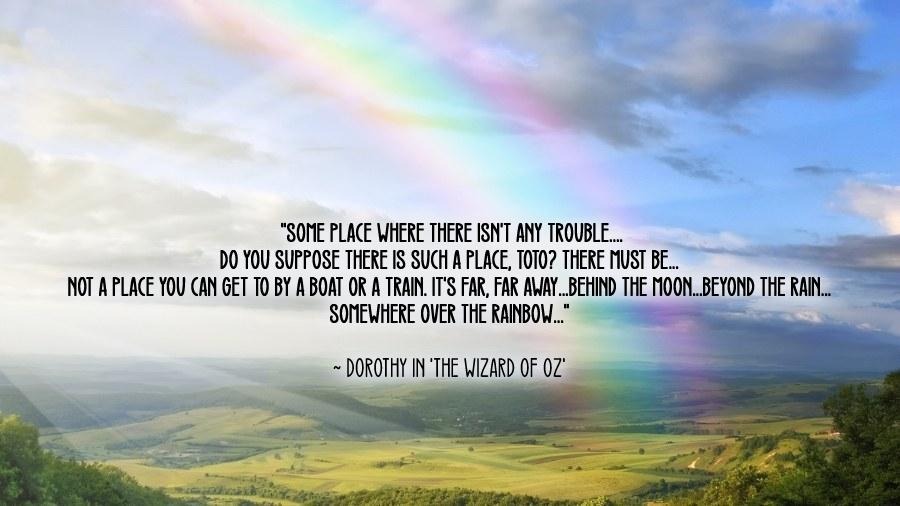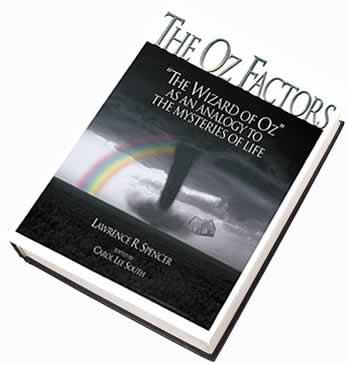Republished by Blog Post Promoter
 “My dear fellows! How delightful to see you both again. It has been several months since our most recent adventure together, so I surmise, Sherlock, that some new investigation in pressing upon you? Otherwise, I am sure that you would not bother yourself to venture to visit me personally at the club. Any matter of less urgency would certainly be addressed to me by letter, or telegram. Am I not correct?”, said Mycroft, grasping both of our hands in turn with cordiality.
“My dear fellows! How delightful to see you both again. It has been several months since our most recent adventure together, so I surmise, Sherlock, that some new investigation in pressing upon you? Otherwise, I am sure that you would not bother yourself to venture to visit me personally at the club. Any matter of less urgency would certainly be addressed to me by letter, or telegram. Am I not correct?”, said Mycroft, grasping both of our hands in turn with cordiality.
“As always, your observation and supposition are accurate”, I said, confirming what was already obvious to my brother. “However, I assure you than the game that is afoot contains none of the gravity that others I have undertaken”. At this, Mycroft’s expression changed from one of concern to mild interest.
“Please take a seat and explain the particulars to me, if this room is suitable for discussion of details”, he said, waving his hand toward several richly upholstered leather chairs.
Mycroft is heavily built and massive, there was a suggestion of uncouth physical inertia in the figure, but above this unwieldy frame there is perched a head so masterful in its brow, so alert in its steel-gray, deep-set eyes, so firm in its lips, and so subtle in its play of expression, that after the first glance one forgot the gross body and remembered only the dominant mind.
“I cannot think of a more suitable environment in which to discuss the nature of this case than that of a club founded on the philosophical principles of Cynicism”, I told him in a bland matter-of-fact tone.
“Let us fill our pipes”, I said reaching into my pocket for a tobacco poach and briar pipe, “as an explanation of the matter at hand will easily consume our meal time, as well as a portion of the evening. Can a meal be served to us here, if it is not too great an imposition upon your generosity?”, I said as I sat down, ready to share as much information with my esteemed brother as would be necessary to facilitate his analysis of the matter.
“By all means, my dear Sherlock. By all means!”, he said in eager anticipation of a mystery that might divert his attention from an otherwise unfulfilling evening of silent reading at the Club before retiring to his quarters for an equally uneventful night of dreamless sleep.
After recounting the details of my visit with Charles Dodgson and my subsequent invitation to him to dine with us at Baker Street, I summarized the nature of the matter. Mycroft listened attentively while tamping and relighting his pipe several times in order to sustain a satisfactory stream of air through the stem. When I had concluded my account, he raised his eyes to me.
“Well then, let us hear your suspicions, and I will look after the proofs”, said Mycroft.
“In short, my dear Mycroft, it appears that Mr. Dodgson, in league with Mr. Arthur Doyle, are accusing me and therefore all of my associates, of impersonating fictional characters! The assertion is that the stories published by Doyle as magazine serials, or in books, are merely works of his imagination. Moreover, this cad claims that the chronicles of my investigations, which are written by Dr. Watson, are innovations of his own. Can you conceive such a blatantly fraudulent accusation?”, I asked him.
Mycroft stared at me for a moment, and then with a glare turned in his chair and addressed Dr. Watson in an icy tone.
“Dr. Watson”, he said, “it is most obvious that the motivation for this absurd intrigue must begin with you. How is it that Mr. Doyle has come into the possession of your written accounts of the detective cases of Sherlock Holmes, and subsequently published them in his own name?”
— Excerpt from SHERLOCK HOLMES: MY LIFE by Lawrence R. Spencer





